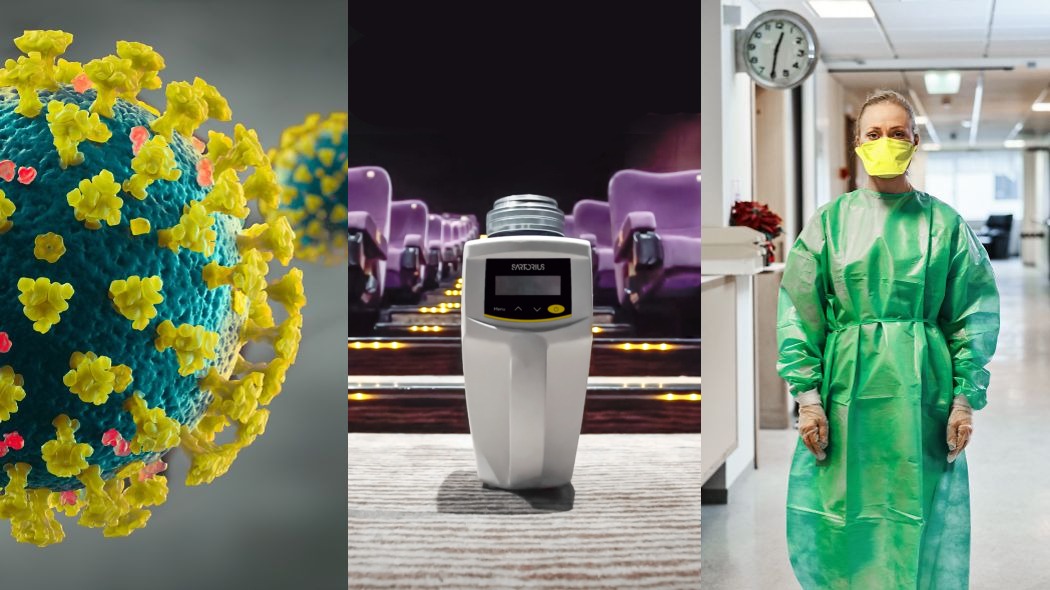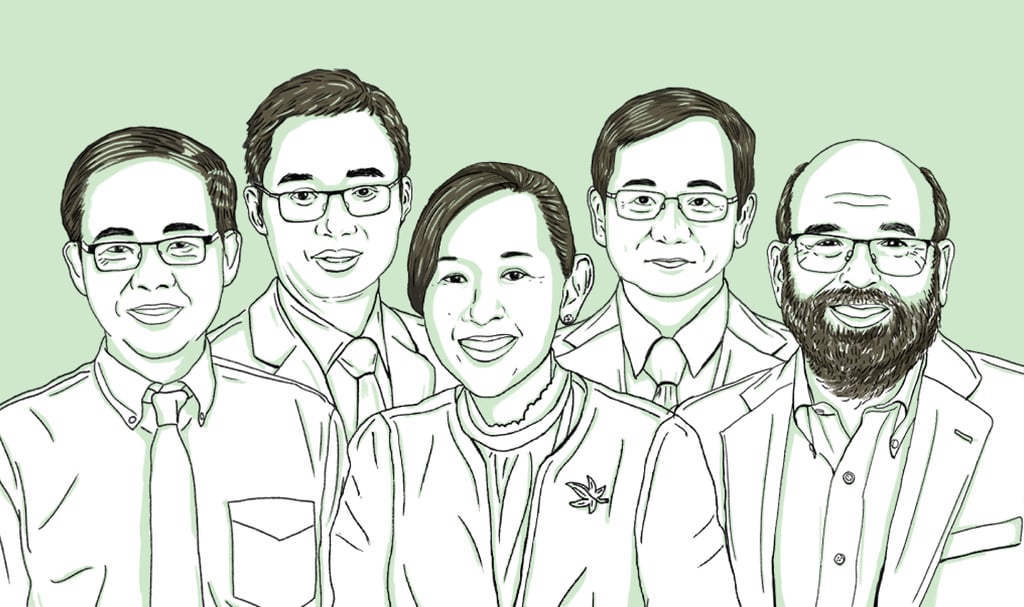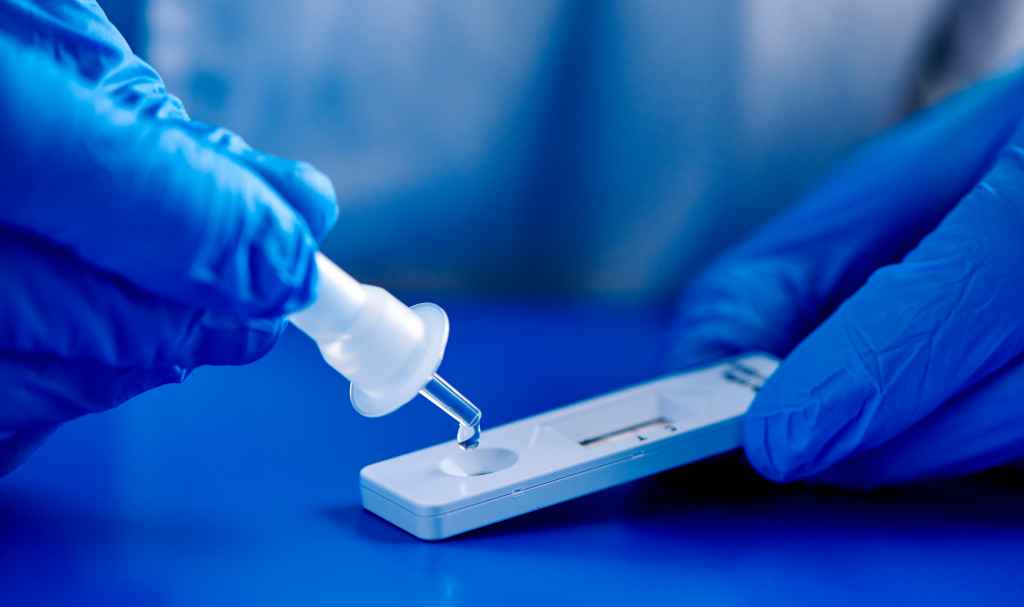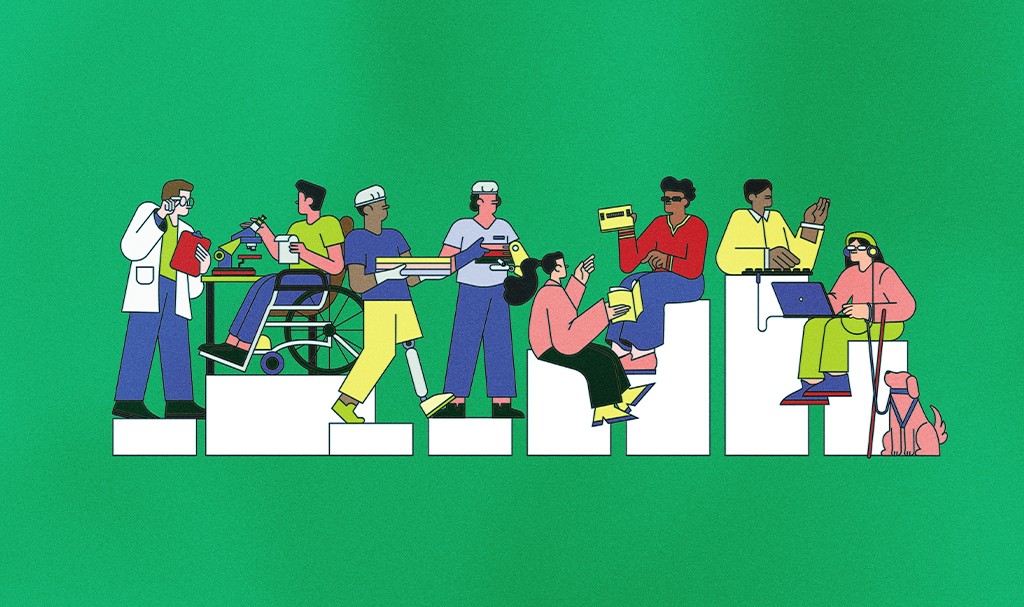
epidemiology
Keeping Communities Safe With Environmental Testing
Environmental testing can equip the public health system with better means to monitor and curb the spread of infectious diseases.

Asian Scientist Magazine’s 2021 Roundup
Here are 10 of Asian Scientist Magazine’s top stories in 2021, highlighting scientific advances in diverse domains from COVID-19 to climate change.
Five Receive 2021 President’s Science And Technology Awards In Singapore
Singapore has recognized five researchers with the 2021 President’s Science and Technology Awards for pushing the country's frontiers in biomedicine and engineering.
In COVID-19 Testing, Speed Trumps Sensitivity
With high enough numbers of tested individuals, the exclusive use of rapid antigen tests could achieve similar epidemiological outcomes as using only RT-PCR tests.
Waste Not, Want Not: Tracking SARS-CoV-2 Variants In Wastewater
To better track SARS-CoV-2 variants, scientists have developed a quicker, cheaper method for detecting the virus in wastewater. Here's how they did it.
Making Hepatitis C Treatment More Accessible In Malaysia
Malaysia has granted a conditional registration for an affordable hepatitis C treatment developed through public-private partnerships with organizations in Egypt and Thailand.
Asian Scientist Magazine’s May 2021 Roundup
From ancient Indonesian caves to the unexplored Martian terrain, Asia’s scientists are making discoveries with vast implications for our world and beyond.
Dengue: A Tale Of Two Lockdowns
COVID-19 lockdown measures decreased the rate of dengue among migrant workers but raised it in Singapore’s general population.
Monkey See, Monkey Do: Mimicking COVID-19 in Macaques
A rhesus macaque model of COVID-19 suggests that primates can shed SARS-CoV-2 virus from the nose and stool for nearly a month after infection.
Children And Superspreaders As Transmitters Of COVID-19
Most people infected with COVID-19 did not transmit the disease, but those that did tended to be superspreaders, according to a large study conducted in India.













